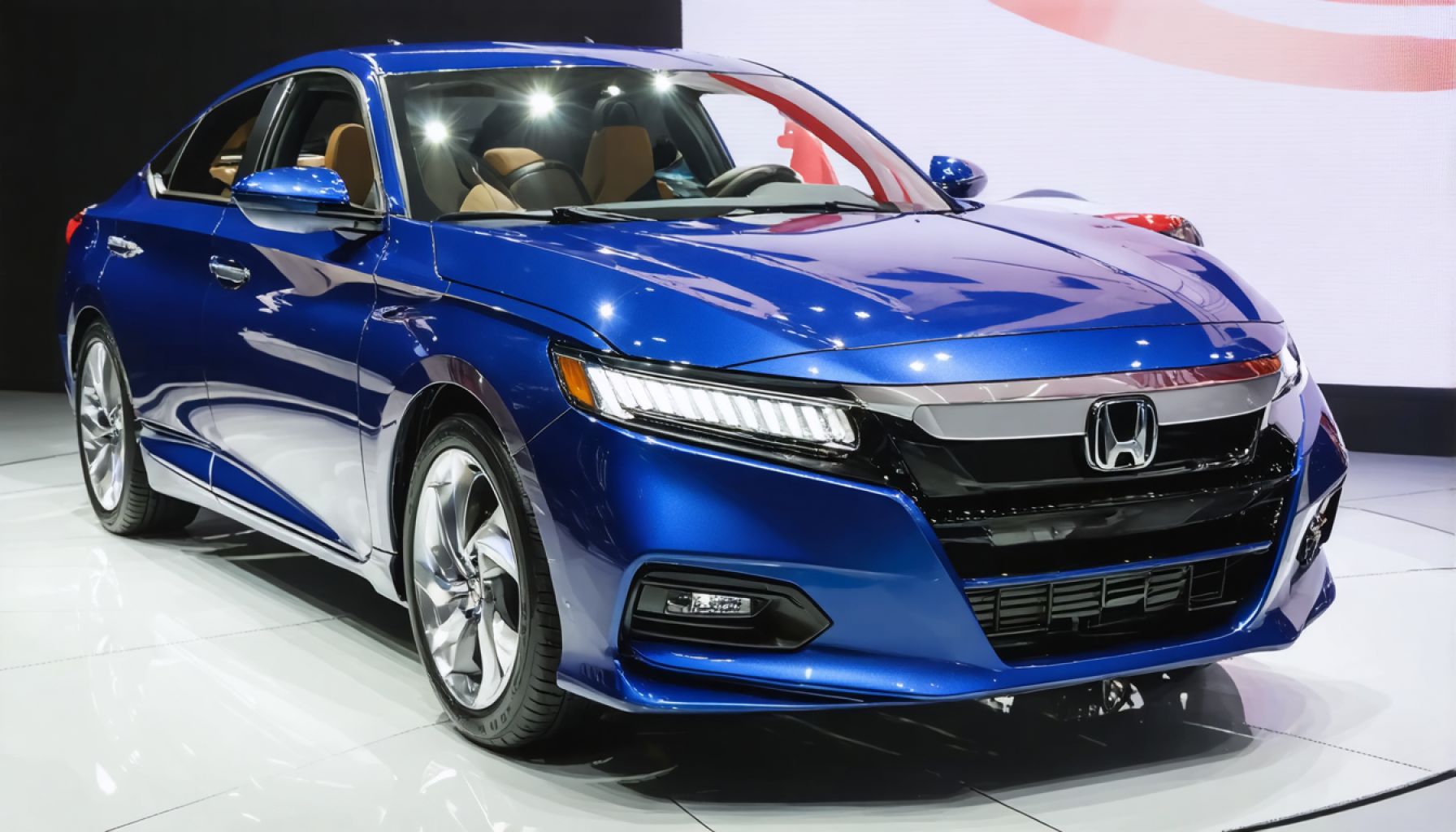- Honda plans to revisit merger talks with Nissan, contingent on a change in Nissan’s leadership, to smooth potential internal resistance.
- Speculation about the merger has excited the market, boosting Nissan’s stock by nearly 6% and Mitsubishi Motors’ by nearly 9% in Tokyo trading.
- Mitsubishi, which has strongholds in Southeast Asia and Australia, views the potential merger as a chance for increased stability amid competitive pressures.
- The alliance could significantly alter the competitive landscape, with analysts predicting a market-wide impact resulting from such a union.
- The situation underscores the importance of adaptability and timing, as Honda aims to capitalize on the opportunity for strategic collaboration.
Japanese automotive giant Honda stands poised for a daring strategic play—resuming merger discussions with Nissan, pending a leadership change at the latter. With the winds of change, Honda eyes the future, anticipating a potential top-level shakeup could quell internal opposition within Nissan, paving the way for potential collaboration.
As whispers of this possible coup ripple through the marketplace, excitement surges. Nissan’s stock skyrocketed by nearly 6% in Tokyo trading, while Mitsubishi Motors, intertwined with both corporate giants, also leapt nearly 9%. The tantalizing prospect of a synergistic alliance highlights the fragile dance of power and strategy unfolding behind closed doors.
For Mitsubishi, this proposed merger could spell relief as it seeks stability in a fiercely competitive automotive landscape. The company boasts formidable strengths in Southeast Asia and Australia but acknowledges the challenges of forging a lone path forward.
This potential Honda-Nissan union hints at an industry where allegiances shift as if on tectonic plates. Analysts speculate the union would not only strengthen the trio but resonate throughout the market like a powerful aftershock, reshaping competitive dynamics.
The automotive world watches on high alert: could Honda’s readiness to negotiate—conditional as it is—signal a new dawn for these auto behemoths? Amid this buzz, a crucial lesson emerges: in the world of business, adaptability and timing reign supreme, and leaders must remain nimble to harness fleeting opportunities.
The Bold Move: What a Honda-Nissan Merger Could Mean for the Auto Industry
How-To Steps & Life Hacks: Thriving in a Merged Organization
Successful mergers require thorough planning and strategic implementation. For companies anticipating a merger, the following steps can lead to a smoother transition:
1. Cultural Integration: Focus on blending corporate cultures. Host workshops and team-building activities to foster mutual understanding.
2. Communication Strategy: Maintain clear, open communication with all stakeholders—employees, customers, and investors—to prevent misinformation and anxiety.
3. Synergy Identification: Spot operational, technological, and market synergies early. Use them to streamline processes and enhance value.
4. Leadership Alignment: Establish a unified leadership cadre to ease decision-making and embed strategic priorities across the organization.
Real-World Use Cases: The Synergistic Advantage
A Honda-Nissan merger could result in tangible benefits such as:
– Enhanced R&D Capability: By pooling research and development resources, both companies could accelerate innovation in electric vehicle technology, autonomy, and other cutting-edge areas.
– Market Expansion: With combined strengths in different geographical markets, they could better penetrate new regions, leveraging Honda’s prowess in North America and Nissan’s established presence in Europe.
– Cost Efficiency: Sharing procurement, production, and distribution channels can lead to considerable cost reductions, positioning the merged entity competitively in pricing.
Market Forecasts & Industry Trends
According to recent industry analyses, the global automotive market is predicted to grow by approximately 3.6% annually through 2027, driven significantly by advancements in EV technology and autonomous driving solutions (Source: McKinsey & Company).
Analysts believe the Honda-Nissan merger, if successful, could position both companies well to capitalize on these trends, allowing them to command a larger market share and push innovation boundaries.
Security & Sustainability
Security and environmental sustainability remain key concerns for prospective mergers of this magnitude. Here’s how a merger could play out in these domains:
– Security: Faster integration of automotive cybersecurity measures could be realized through shared expertise and resources.
– Sustainability: Both firms committing to sustainable manufacturing practices and exploring eco-friendly vehicle options might result in a greener product lineup, meeting the increasing demand for sustainable alternatives.
Features, Specs & Pricing: What Consumers Want
After merging, the streamlined vehicle catalogs and possibly more competitive pricing models could benefit customers. Enhanced features could include more impressive tech integration, improved safety features, and the broadening of model lines could cater to a diverse customer base.
Pros & Cons Overview
Pros:
– Diversified Expertise: Combines the technical expertise and market strengths of two leading automakers.
– Financial Boon: Potential cost savings and increased profitability.
Cons:
– Operational Complexity: Merging different corporate structures may pose logistical challenges.
– Brand Identity Erosion: Risk of losing distinct brand images.
Actionable Recommendations
1. Stay Informed: Watch for updates on talks between Honda and Nissan; the outcome could influence market dynamics significantly.
2. Competitor Analysis: Businesses in the automotive sector should conduct competitor analyses to anticipate shifts in competitive strategies.
3. Leverage Market Changes: Companies should be nimble, adapting to emerging trends and consumer preferences quickly.
Learn more about automotive industry trends on McKinsey & Company.
Through careful strategic planning, this potential Honda-Nissan merger could symbolize not just a significant consolidation in the auto sector but could become a catalyst for transformative automotive innovation. Keep an eye on these developments for potential investment or business opportunities.
